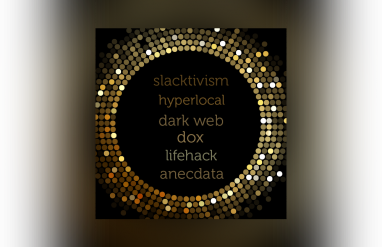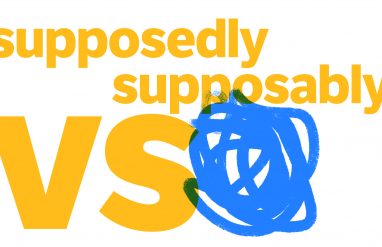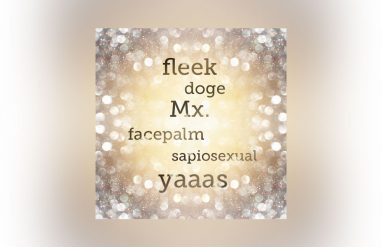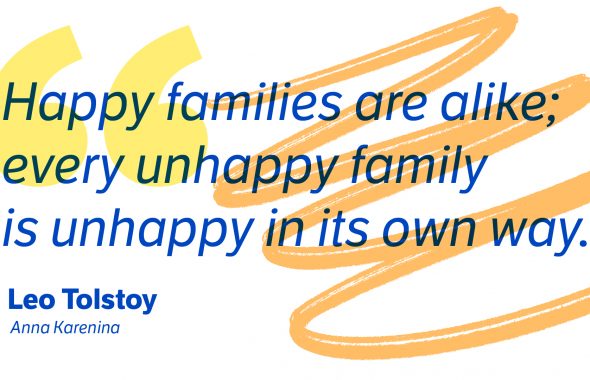Since 1990, the American Dialect Society has held a Word of the Year vote, which is open to the public. This year’s vote takes place on January 8, 2016 in Washington DC. Over the past few weeks, linguists have been discussing nominations for various categories, and the ADS website has a nice roundup of 2015 Word of the Year candidates.
Dictionary.com announced our own Word of the Year, identity, back in December. While it’s Dictionary.com’s methodology to pick a word that encompasses some of the most prominent themes in news stories and user lookups throughout the year, we’ve been keeping a close eye on newer coinages to nominate for the ADS Word of the Year vote. Here are some of the most interesting terms that gained prominence in 2015.
mom
Earlier this year I wrote about the new Internet slang sense of mom. This sense has now moved beyond the Internet and into network television. In the Fox show Scream Queens, the character Hester asks a group girls she admires if she can call them “mom.” After some confusion, another character explains: “Actually, it’s a new pop culture trend where young women desperately in need of role models call other girls they look up to ‘mom.’ Lorde’s fans call her mom.”
Netflix and chill
Over the last couple years, the term Netflix and chill has expanded in meaning to refer to the act of hooking up. This euphemistic expression has been used since as early as 2014 and gained prominence on Black Twitter in 2015, before becoming a viral meme discussed in major online publications. I think this term is likely to stick around for a while, as it has already spawned variants including Hulu and chill and YouTube and chill.
sharewashing
Sharewashing, a term that goes back to 2013, has been used a great deal in the context of companies like Uber and Airbnb. While many brands would love for their businesses to be associated with sharing and the sharing economy, critics point out that many of these services are not technically sharing and this terminology is used simply to soften the harsh capitalistic edge and give these companies a philanthropic spin. Sharewashing takes after constructions like greenwashing, which in turn harks back to the much older expression whitewashing.
fish gape/fish gap
Like duck face, fish gape or fish gap is a facial pose which has gained currency among young women who post selfies on social media. It’s gotten so popular that magazines including Marie Claire and Cosmopolitan have run articles proclaiming that duck face is over and has been supplanted by fish gape. Some of these articles also give step-by-step instructions on how to achieve the perfect fish gape.
man bun
While it’s not new for longer-haired men to be wearing their hair in buns, this year we saw an increased interest in this style. The brand ASOS ran an April Fools’ Day prank in which they advertised a clip-on man bun. Soon this became a real product and even inspired an article in defense of clip-on man buns in the LA Times. Additionally, this style (constructed with real hair or clip-on extensions) has become trendy enough that women are now “taking back” the man bun, at least jokingly. One article on Man Repeller asks: “Are we taking back what we perceive to be rightfully ours, or just, you know, wearing our hair half up?”
relevant/relevance
While listening to a recent episode of This American Life, I learned that business jargon has trickled down to teenage slang. Three teenage girls explain the term relevant to Ira Glass: “Relevant means that people care about what you’re posting on Instagram. People… want to know what you’re doing. People will open your Snapchat stories.” According to these girls, “Relevance is a big word right now.” One girl also describes herself as a “brand” and her friend explains that as a teenager on social media, “You’re definitely trying to promote yourself.”
Did you encounter any new words (or old words used in novel contexts) in 2015? We’d love to hear about them in the comments.














